Parenting group supports parents to be better caregivers
“Participating in community activities for parents 3 years ago, I know I have to feed my child with enough nutrients, teaching them at home…letting them to go to school at the right age, and don't let them drop out of school...”
This is the sharing of Dinh Thi Them (live in the village of So To, To Tung commune, Kbang district, Gia Lai province) - one of many parents who are participating in parenting groups in the framework of the “Early Childhood Care and Development” project implemented from 2012 to 2018. The project was funded by the New Zealand Aid Programme, and led by Plan International Vietnam, Gia Lai Department of Education and Training(DOET), and provincial Women Union.
 |
A cooking class/nutrition education classes for mothers in Gia Lai.
According to Plan International Vietnam, with a budget of USD 7.2 million, the project aims to improve developmental outcomes for young ethnic minority children aged 0-8 from preschools and elementary schools on the districts of Dak Po, An Khe, Kbang and Kongchro, as well as replicating the approaches more widely across Gia Lai.
In 6 years of implementation, the project has reached 162,000 ethnic minority children aged 0-8, almost 10,000 teachers/staff from preschools and elementary schools, along with families and communities in the province. At the same time, the project also succeeded in replicating a number of education models across the province.
Change "old ways of doing"
According to Le Thi Bich Hanh, Plan's education advisor, parenting group aims to help parents know what they want for their children and what knowledge and skills they need to achieve that goal.
Participating in group are fathers and mothers with children from 0-8 years old or who directly take care of children living in the same village. In a common house or a large yard, the event takes place under the culturally appropriate themes developed by the local Women's Union and Plan. Under the guidance of project workers/volunteers, parents exchange and share their experiences in caring for their children based on the skills and knowledge of the volunteers.
Women in remote areas like Them usually marries early, and do not have enough child-rearing knowledge. “With my first child, I already chewed rice for her when she was only 5 months old. Going to parenting group I know how to feed my child with enough nutrients. Now for the first 6 months I has breastfed my second child before feeding him nutritious porridge...Our household is poor and only owns 2 acres of rice fields - so we rarely had enough food. I have to work as a hired laborer and save money to buy milk, meat, fish, eggs and soybeans...to cook nutritious meals exclusively for my two children," said Them.
“I have to face many difficulties in my life but I want my children to eat well so that they can be healthy and develop. I send them to school so that they know how to read and write. I also know how to ensure environmental sanitation, create hygiene, nutritious gardens around my house and village; clean and prevent diseases. There are fewer mosquitoes around my house now and more fruits and trees than before,” she added.
Tran Thi Huong, representative of Gia Lai Women's Union said that the model has been equipped with knowledge suitable to the cultural characteristics and conditions of parents in ethnic minority areas; improve knowledge and change awareness and promote positive behaviors in child care. Parents/caregivers knowledge and skills significantly improved. For example, parents know to go to a doctor when the child is sick instead of asking a sorcerer to pray for them to wipe out the disease. They understand the importance of learning, spending time confiding with their children, teaching them to sing and speak Vietnamese, regularly telling stories and singing to them.
“Women have been bolder and more confident when participating in sharing child care experiences, knowing how to organise family affairs. In targeted areas, the rate of children suffering from malnutrition decreases. Their health is improved, better hygiene and less sickness. Children with parents who participate in parenting groups are also more confident and more social, and they do not drop out of school.”
In particular, the program has contributed to changing gender stereotypes about the role of caregivers. Fathers understand that they also need to participate and share with their wives in the process of raising children. Besides, taking part in groups consolidated the relationship between parents and children.
 |
Parents/caregivers knowledge and skills significantly improved after the group session.
Replicating
In addition to Gia Lai, the parenting group is a model piloted by the Central Vietnam Women's Union in cooperation with Plan International Vietnam in other provinces in the mountainous areas including Ha Giang, Thai Nguyen, Phu Tho, Bac Giang, Quang Tri, Quang Binh, Quang Ngai, Kon Tum from 2013-2015.
In 2017-2018, the Central Vietnam Women's Union began to guide the replication of the parenting group initiatives to 35 provinces and cities nationwide. By the end of 2018, there were 259 parenting groups replicated and operated in the provinces.
Assessing the model of parent education brings many advantages, Nguyen Thi Tuyet Mai, head of the Family and Society Division under Vietnam Women's Union said: From 2019 to 2021, Vietnam Women's Union will continue to scale up successful parenting curriculum to 63 provinces and cities nationwide. At the same time, parenting curriculum has been mainstreamed into women’s group agendas. Researching and propose to the Government to build a national program on parenting curriculum in the direction of focusing on Functioning culturally appropriate parenting group initiatives in the communities./.
VNF
Recommended
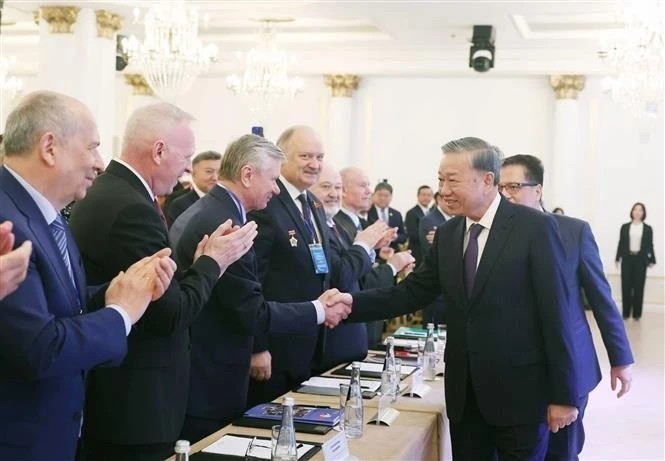 National
National
Vietnam News Today (May 12): Party General Secretary Meets With Russian Experts, Intellectuals
 National
National
Vietnam News Today (May 11): Vietnam, Austria to Boost Cooperation in High-Tech Development, Innovation
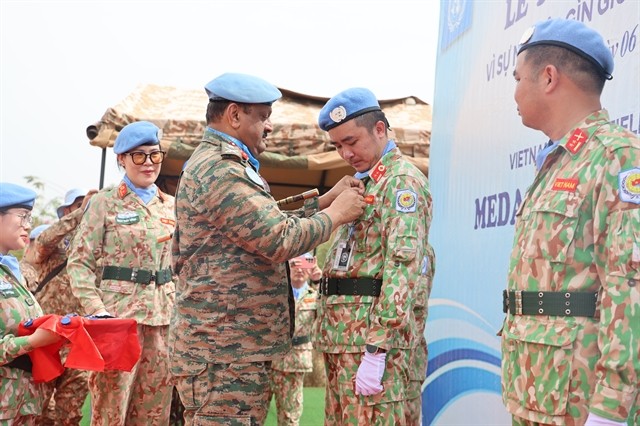 National
National
Vietnam News Today (May 10): Vietnamese Peacekeepers Honored with UN Medal in South Sudan
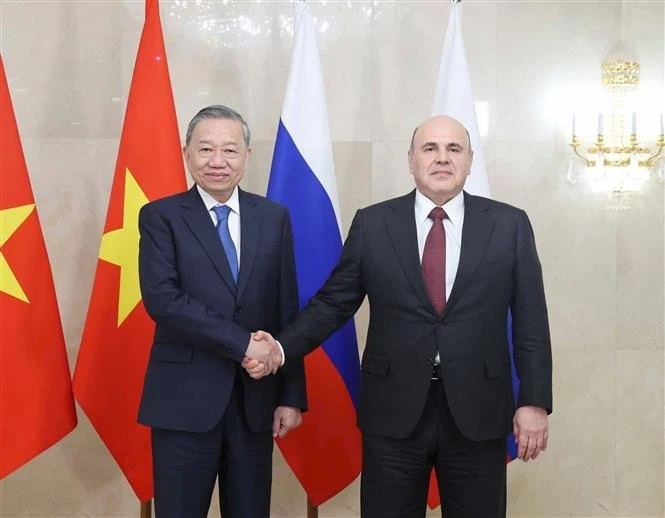 National
National
Vietnam News Today (May 9): Vietnam Ready to Work With Russia to Elevate Relations
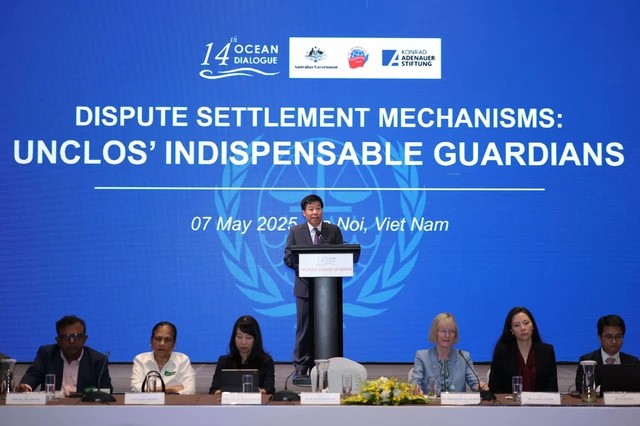 National
National
Vietnam News Today (May 8): Vietnam Remains Committed to UNCLOS
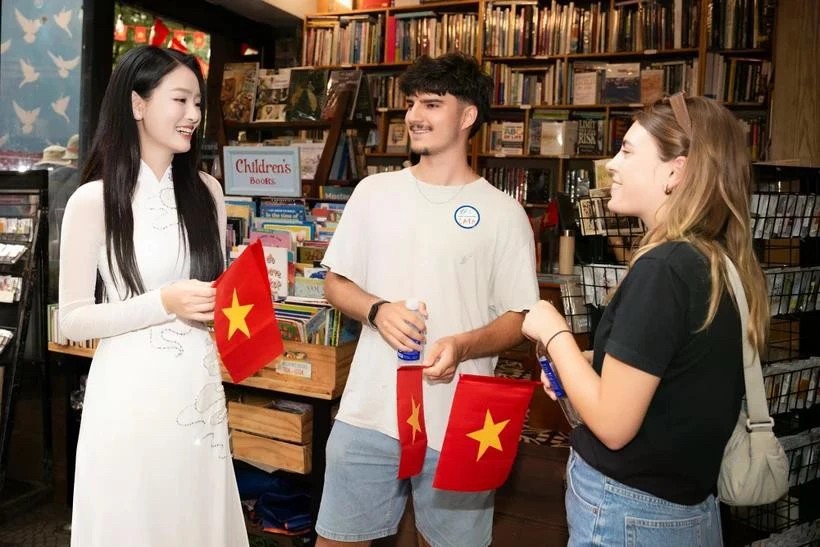 National
National
Vietnam News Today (May 7): Vietnam Hosts Over 7.67 Million International Visitors in First 4 Months
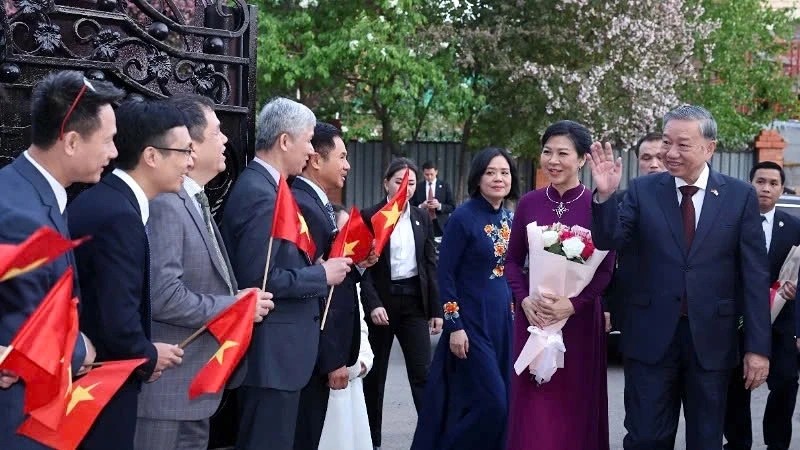 National
National
Vietnam News Today (May 6): Party Leader To Lam Meets Vietnamese Expatriates in Kazakhstan
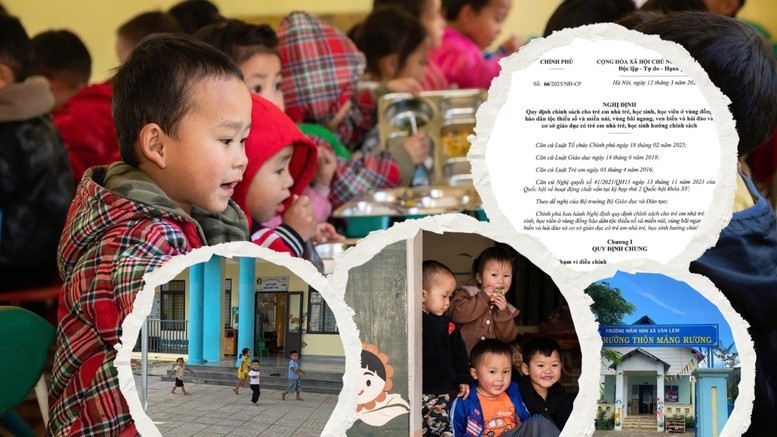 National
National
